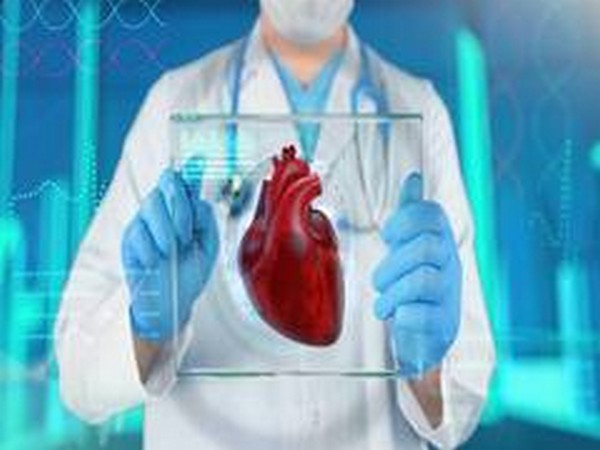

Researchers discovered two signalling pathways that are downregulated in human hearts after birth.
Heart disease is one of the leading causes of death worldwide, partially because the adult human heart does not have any heart stem cells allowing it to regenerate after damage. Induced pluripotent stem cells, which are undifferentiated human stem cells derived by reprogramming of adult cells and typically cells from skin tissue, can be made to differentiate into cardiac myocytes in vitro, but they preferentially make immature versions of these cells. This essentially makes fetal-type cells rather than post-natal cardiomyocytes. The inability to generate mature cardiomyocytes has hindered the development of cell therapy for heart disease as well as the generation of cells for the in vitro study of cardiac physiology and toxicology.
“The last decade has seen an explosion in research to produce human cardiac myocytes from pluripotent stem cells,” said Bayardo Garay, a graduate student in the Medical Scientist Training Program. “Our study advances these efforts by providing a practical way to generate cells that are relevant to human disease.”
To discover these two pathways, the investigators mined previously published genomic data on cardiomyocytes from different stages of development. “Maturation of stem cell-derived somatic cells in a dish is difficult to achieve, but is critical for the generation of human in vitro models of health and disease,” said Brenda Ogle, PhD, Professor and Head of the Department of Biomedical Engineering and director of the Stem Cell Institute. “This work cleverly utilizes existing data to identify novel pathways that control cardiomyocyte maturation and that can be easily manipulated with small molecules to accelerate cardiomyocyte maturation.”
Researchers conclude that suppression of the MAPK and PI3K-AKT pathways on in vitro-derived human cardiomyocytes for only five days results in enhanced maturity in many domains. According to the study’s corresponding author, Rita Perlingeiro, PhD, of the Cardiology Division/Department of Medicine, “this multidisciplinary work is the fruit of the university’s investment in collaborative science, and brings the cells we can produce in the lab significantly closer to being clinically relevant to cardiac disease in humans.”
The project was supported by grants from the National Institutes of Health and the American Heart Association. The project also received seed funds from the University of Minnesota Lillehei Heart Institute and the Institute for Engineering in Medicine Group Grant. The University of Minnesota University Imaging Centers also supported the work with resources and staff.